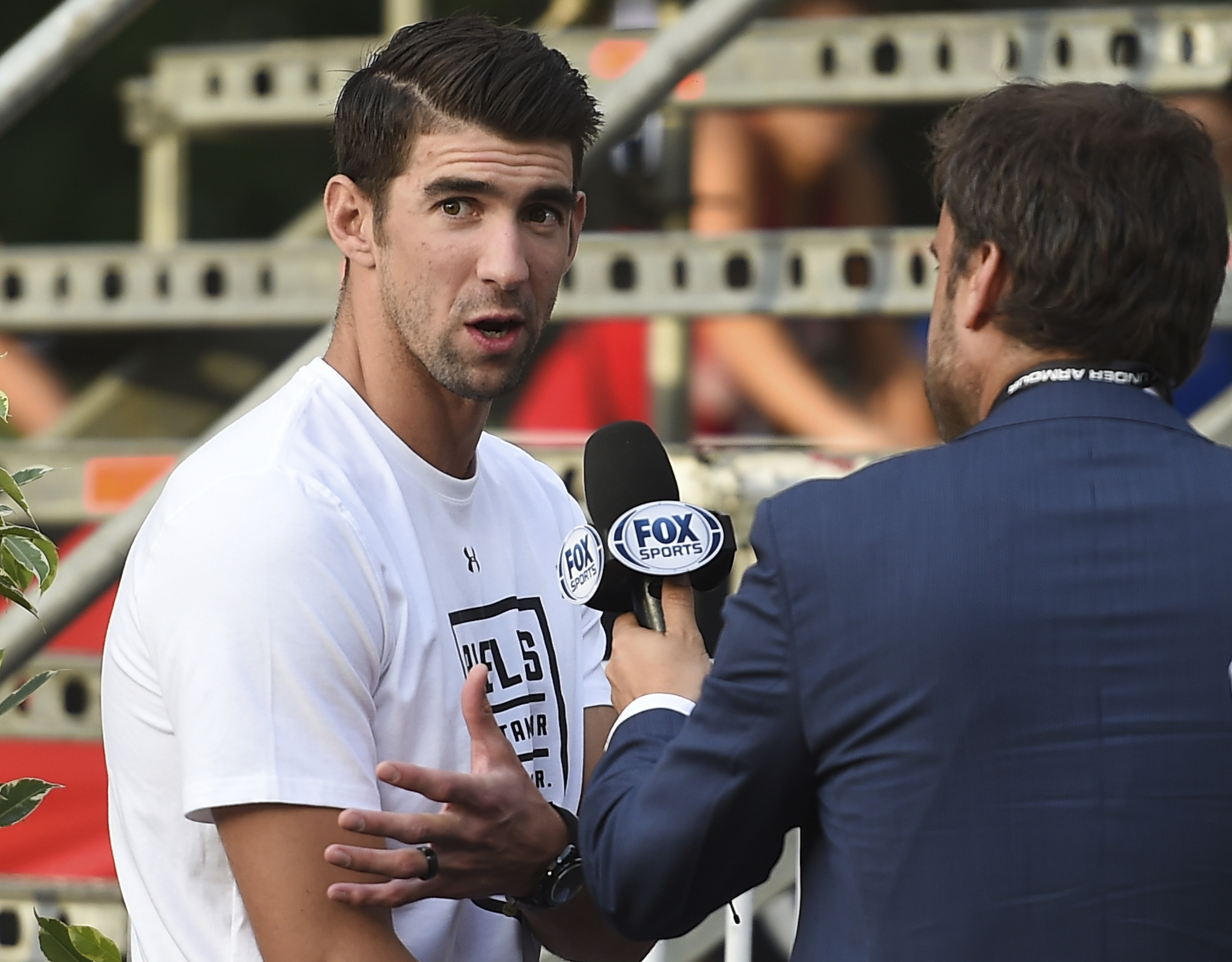The Atlantic details the troubles Olympians face when they transition away from their athletic careers and into the traditional workforce. Given the hold sports take over competitors’ lives, a lack of time devoted to school, work, and preparation leave many athletes at a loss when they ask what comes after they’re no longer the world’s best athletes. The U.S. Olympic Committee recently launched the Athletic Career Education (ACE) program, aimed at smoothing this transition. ACE has already served 1,700 Olympians with everything from career counseling to specialized training to online degrees, but the program is still relatively small in scope and unable to properly help a large number of Olympians.
Whether you’re looking to get into shape, or just get out of a funk, The Charge has got you covered. Sign up for our new wellness newsletter today.
